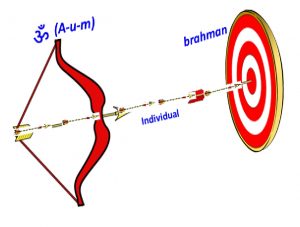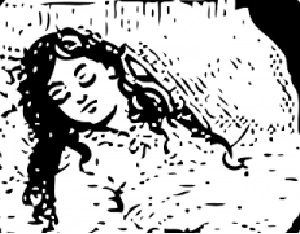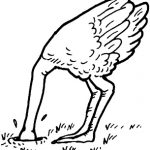Part 5 – Teaching method
Q: Regarding the quote by Jean Klein: In “The Book of Listening”, Jean talks about how he thinks “books are dead” and do not carry the ‘perfume’ of the words, which is what is really transformative. And that what is important is the live meetings with a true teacher, who speaks words that ‘come from silence and lead back to silence’. In many books by Jean Klein he says to not emphasize the words, that which is behind the words. To put it crudely, Jean Klein’s main method, I would say, is that of transmission. So the books of Jean Klein should be read with that in mind. So I do not think everything he says should be taken literally. There is a lot more to his teachings, but the above is a very rough summary. Whether or not this technique (transmission) is effective is another matter.
Regarding the other quotes, they are just providing descriptions of what experience is like, but I never took it that realizing that this is true alone will make you enlightened. For example, Rupert, often says that it is not enough to know what we are not, it is necessary to see what we are [https://www.youtube.com/watch?v=nOxfCkbWTZA around 01:30 and https://www.youtube.com/watch?v=gmDTwg8fAlE around 02:05] In other words, he’s saying that it is not enough to know what experience is, you must also ‘go’ to yourself and investigate the nature of that which is aware.
Continue reading


